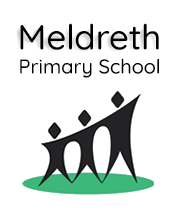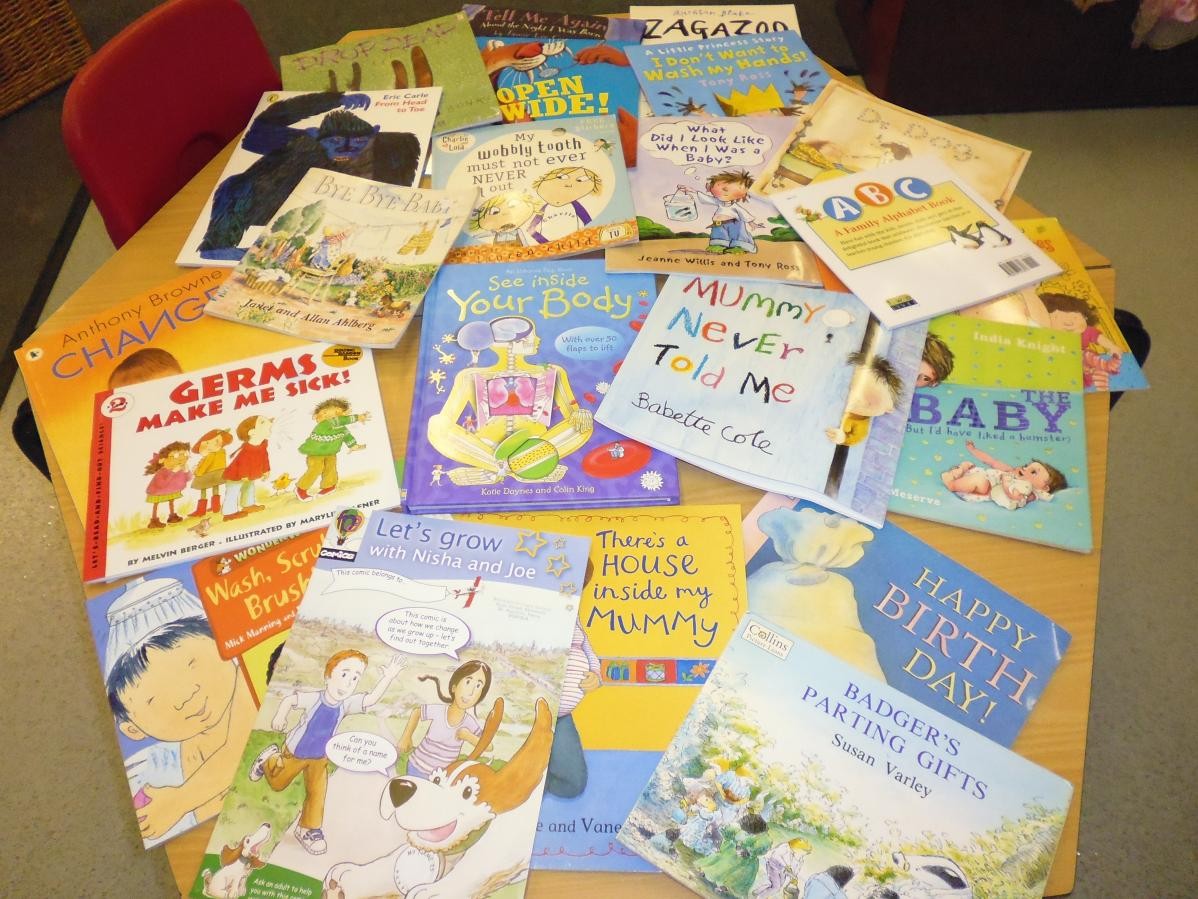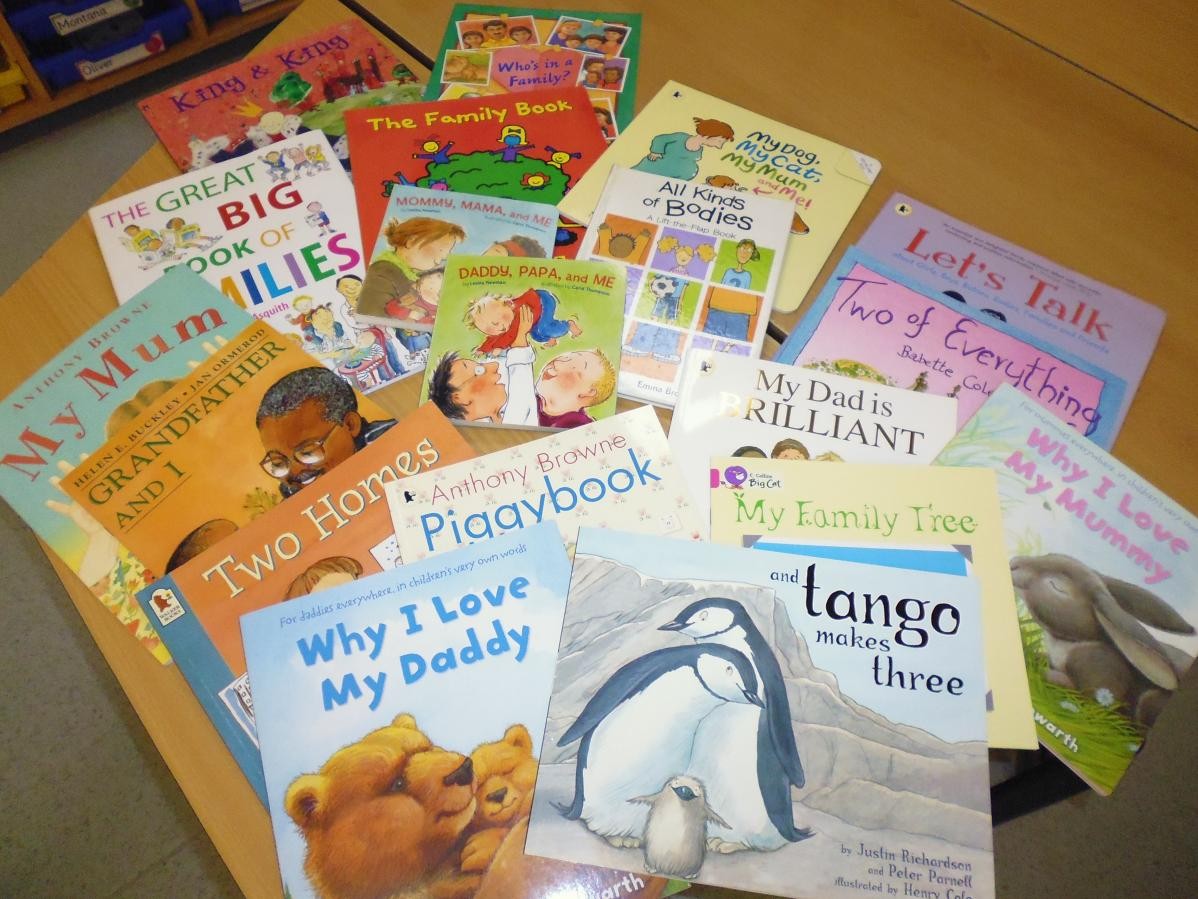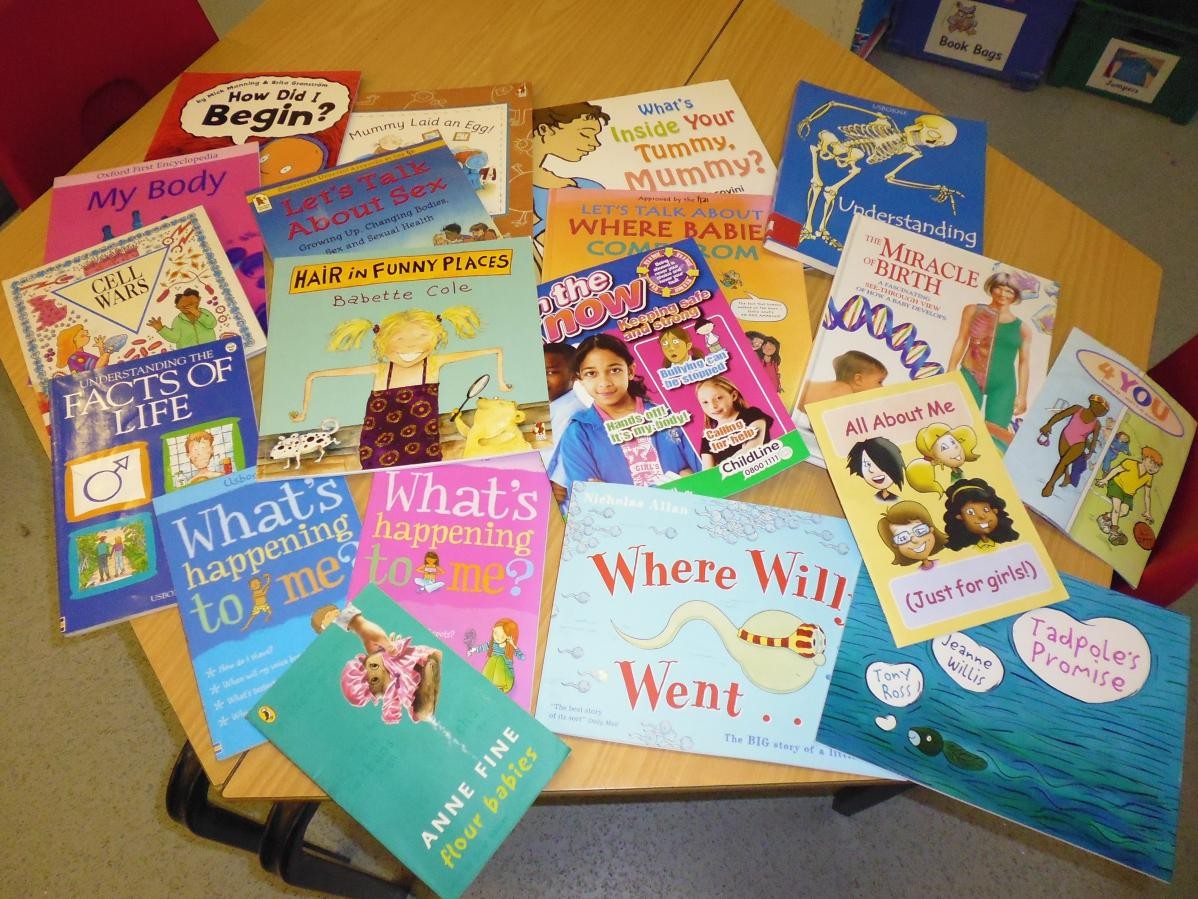Our work in SRE is set in the wider context of our school values and ethos, we:
- teach children about the different physical, social and emotional aspects of growing up, relationships and sexuality.
- aim to provide pupils with the skills and knowledge they need to have safe, fulfilling relationships, take responsibility for their sexual health, and feel secure and happy in their sexuality.
- help children to develop resilience, independence and self-esteem.
- help to prepare children for changes like puberty and the transition into adult life.
In school, we provide a secure environment where pupils can feel comfortable asking questions they might not want to ask elsewhere. Through SRE, children can learn to better understand their needs, respect the needs of others, and improve their overall confidence.
Our Curriculum Progression
Reception |
Year 1 |
Year 2 |
Year 3 |
Year 4 |
Year 5 |
Year 6 |
| Children will learn to recognise and name external parts of the body using scientific names for the external sexual parts of the body. | Children will develop familiarity with the names of the main external parts of the body and become more confident in describing them. |
Children will consolidate their understanding of how babies develop into children and then into adults and will consider their own physical development. |
Children will develop familiarity with the names of the main external parts of the body and become more confident in describing them. |
Children will consider the human life cycle in more detail. They will learn that an egg and sperm join together to form a baby. |
Children will learn about the changes that happen to people’s bodies at various stages in their lives, especially at puberty, including learning about menstrual wellbeing. |
Children will examine how puberty brings about changing feelings and relationships with friends and family and consider ways to manage emotions so that they are able to express their feelings and concerns positively. |
| They will learn to recognise and appreciate similarities and differences between bodies, including those between girls and boys. | They will consider the amazing nature of their bodies, with a view to developing respect for their bodies and develop an understanding of how important it is to look after their body. | They will be able to explain that a baby human or animal grows inside its mother. | They will consider the amazing nature of their bodies, with a view to developing respect for their bodies and themselves. | They will consider what they think it means to be ‘grown up’. |
The children will learn about the benefits of carrying out regular hygiene routines, including how good hygiene is important for preventing the spread of viruses and bacteria. |
They will explore the meaning of love and consider their responsibilities to care for themselves and others. |
| They will learn that their body belongs to them, the difference between safe and unsafe touch and the names of intimate body parts | They will think about their responsibilities and how these have changed since they were a baby. | Children will also consider simple hygiene practices and their levels of responsibility for carrying these out. | They will then look at their responsibilities and the responsibilities parents and carers have for babies and children. | They will examine their own personal hygiene practices and consider new personal hygiene routines relevant to puberty. | They will consider the need for trust and love relationships. In this context, there is the opportunity to discuss responsible parenting choices and the use of contraception. |



